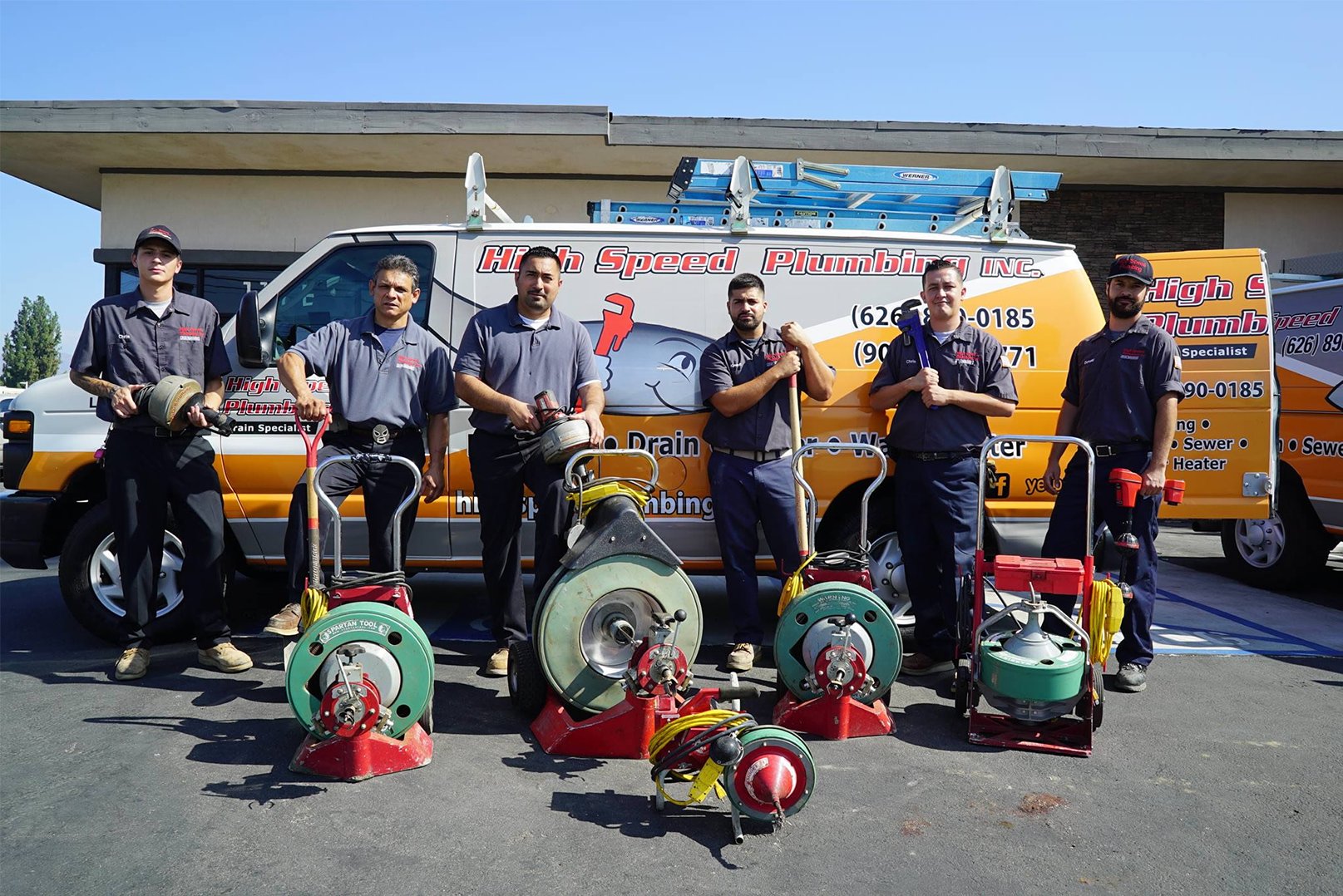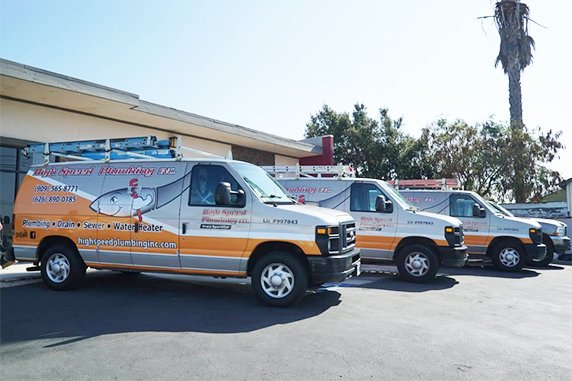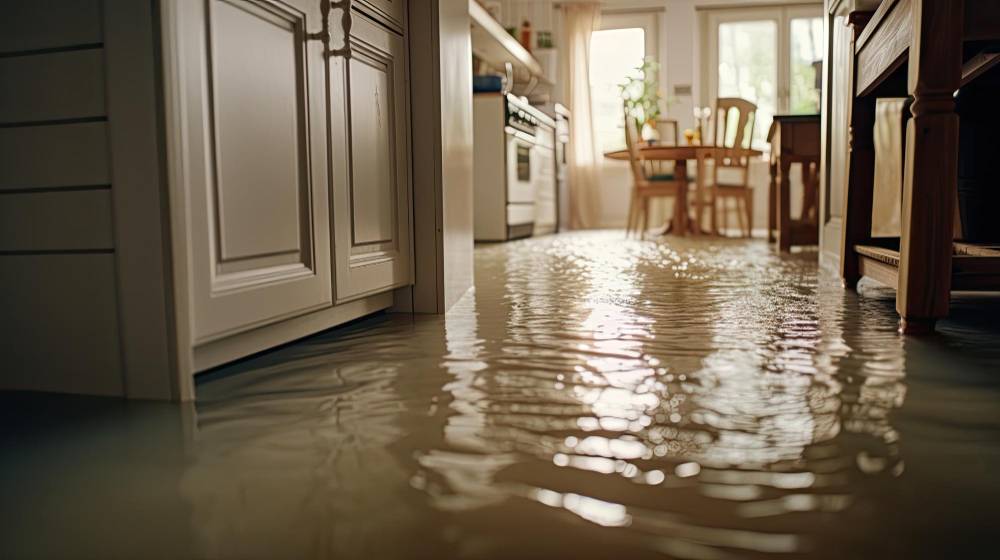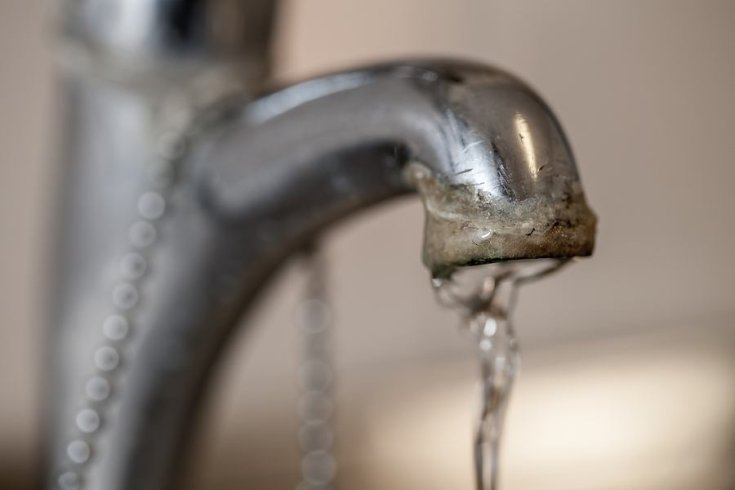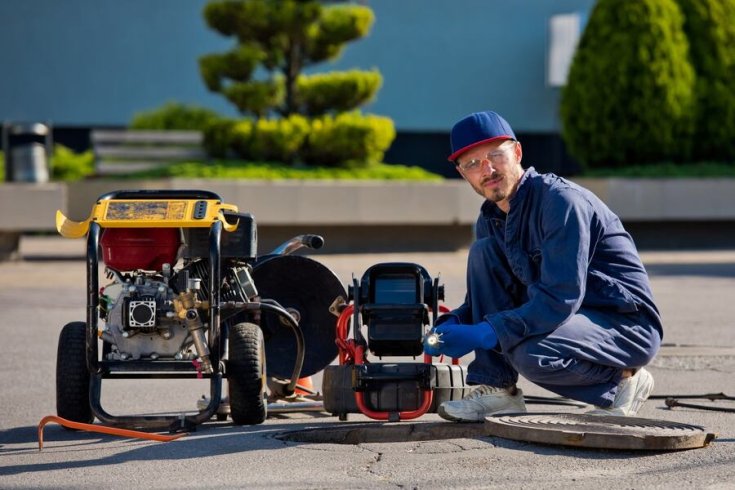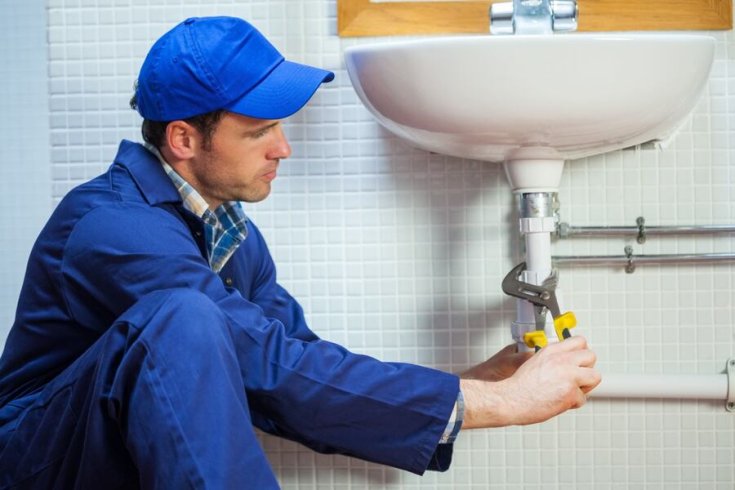Steps to Clean a Flooded Basement
Dealing with a flooded basement can be a daunting task. Whether it’s due to heavy rainfall, a burst pipe, or an appliance malfunction, the aftermath can be overwhelming. To help you navigate this challenging situation, we’ve outlined essential steps on how to clean a flooded basement efficiently. This guide will emphasize the importance of professional assistance from plumbing repair services and will additionally touch on leak detection.
Ensure Safety First
Before you begin any cleanup efforts, make sure to prioritize safety. Water and electricity are a dangerous combination. If the floodwater has reached electrical outlets or appliances, turn off the power to the basement from your home’s main electrical panel. If you are unsure about handling electrical systems, it’s best to call a professional electrician or a plumber to assess the situation safely.
Identify the Source of Water
Determining the cause of the flooding is crucial to prevent future occurrences. Common sources include heavy rain, a failed sump pump, or a burst pipe. If the flooding is due to plumbing issues, contacting a plumbing service for water leak repair is essential. Professionals can accurately identify the leak’s location and provide the necessary plumbing repair services to fix it.
Remove the Water
Once it’s safe to enter the basement, begin the water removal process. Depending on the amount of water, you might need:
- Buckets and mops for small amounts of water
- Wet/Dry vacuum for larger volumes of water
- Sump pump for significant flooding
You can rent sump pumps and wet/dry vacuums if you don’t own these tools. Make sure to dispose of the water away from your home to avoid further issues.
Dry the Basement
After removing the standing water, thoroughly dry the area to prevent mold and mildew growth. Use:
- Fans to circulate the air
- Dehumidifiers to remove moisture from the air
- Heaters to accelerate drying in colder climates
Open windows and doors, if possible, to enhance ventilation. It may take several days to completely dry the basement, so be patient and persistent.
Inspect for Damage
Examine your basement thoroughly for any signs of damage. Check walls and floors for cracks, warping, or staining. Also, check your insulation for dampness or mold. Be sure to keep an eye on your furniture and belongings in case of water damage and mold growth. Discard items that cannot be salvaged and consider replacing any compromised structural elements. A dependable plumber can help assess the damage to your home’s plumbing system and recommend necessary repairs.
Prevent Future Flooding
To minimize the risk of future flooding, take preventive measures.
- Install a Sump Pump: If you don’t already have one, ensure your current one is functioning properly.
- Regularly Inspect Plumbing: Schedule routine checks with a plumbing service like High Speed Plumbing to identify potential issues before they escalate.
- Improve Drainage: Ensure your property’s drainage systems, such as gutters and downspouts, are clean and directing water away from your home.
Consult with Professionals
Hiring professionals from High Speed Plumbing for a thorough inspection and repair is the best course of action after a flood. Our plumbing repair services can address any underlying issues with your home’s plumbing system. Additionally, our leak detection services can help identify hidden leaks that could lead to future flooding.
By following these steps and enlisting the help of experienced professionals at High Speed Plumbing, you can restore your basement to a safe and dry condition. Regular maintenance and preventive measures are key to safeguarding your home against future flooding incidents.

